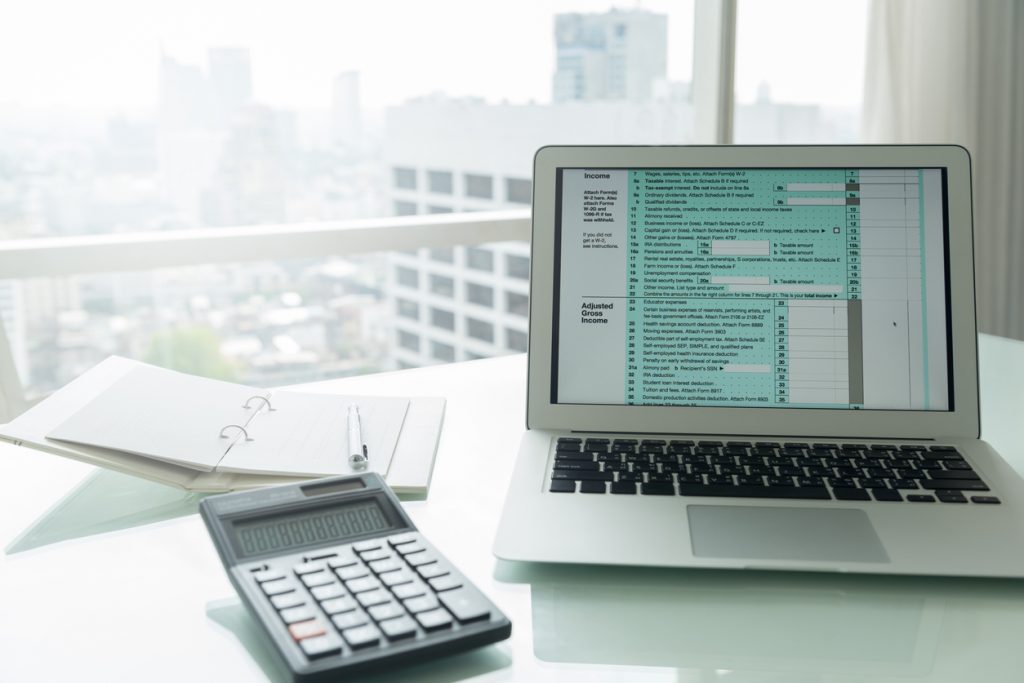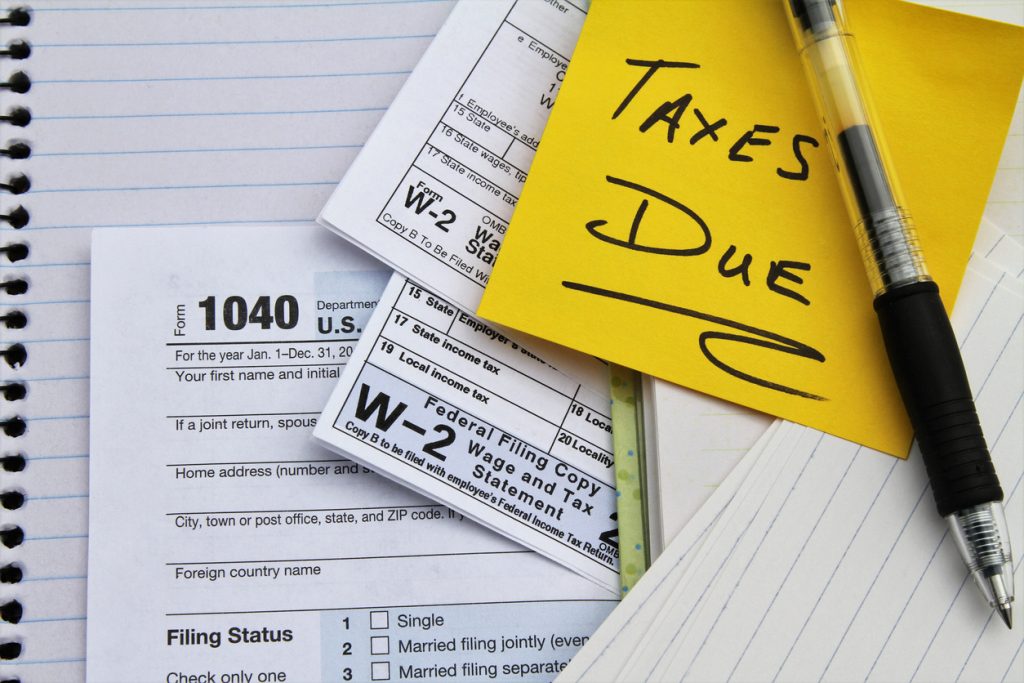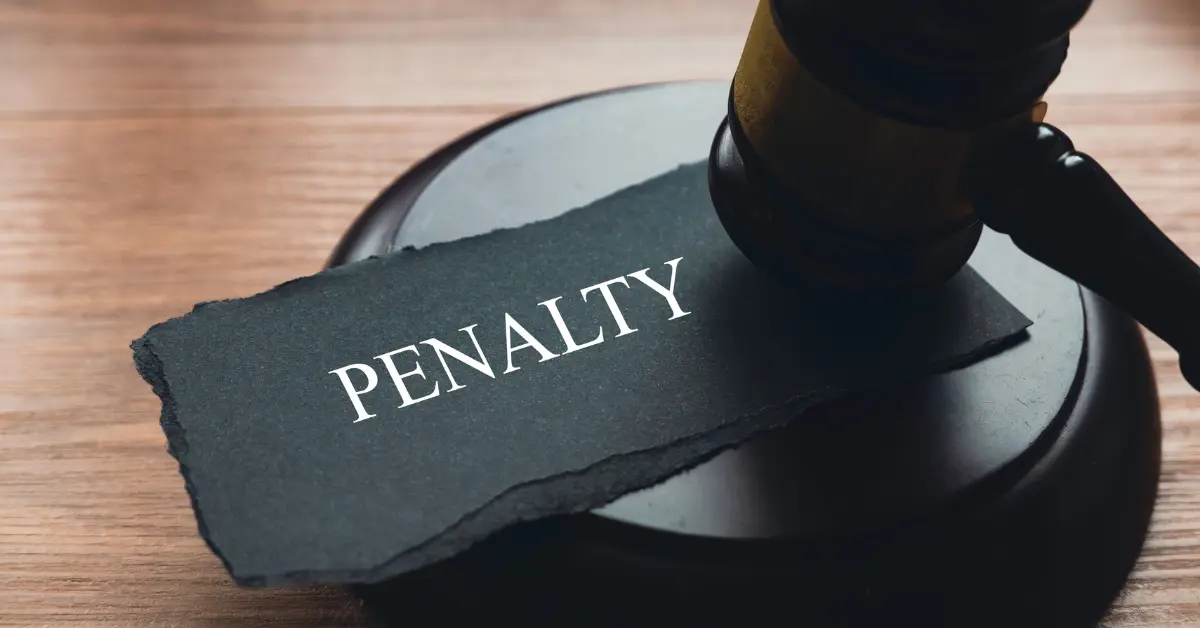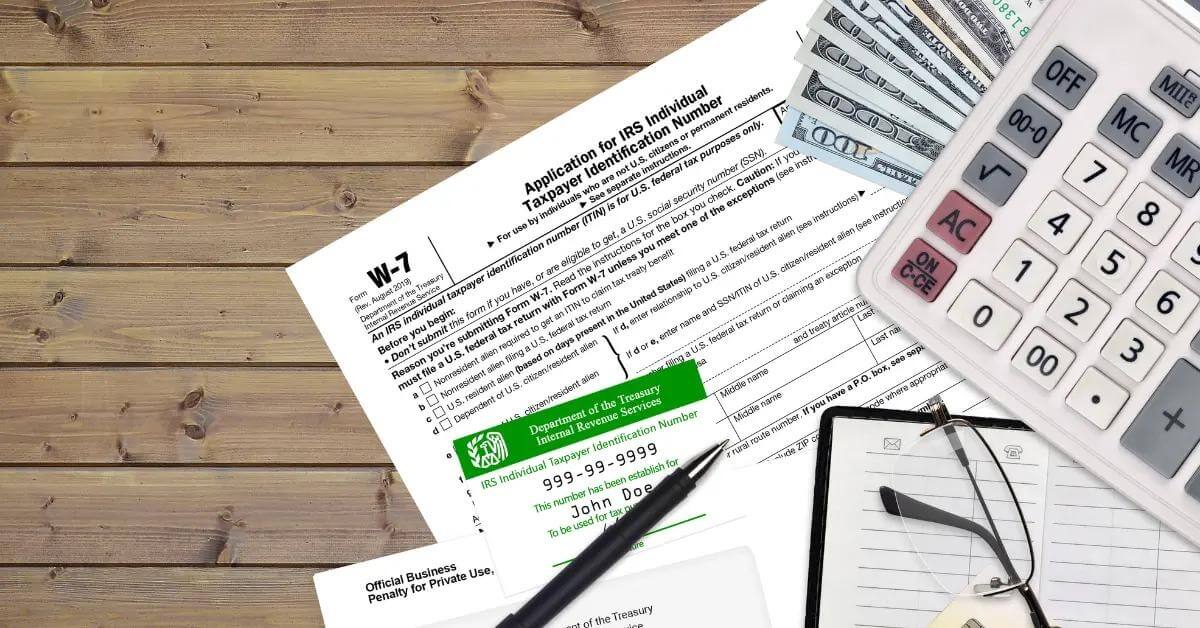As a small business owner, you try to file your taxes on time each year and fill out the forms properly. The tax laws and tax codes seem to be rewritten almost as soon as you figure them out.
You want to pay your fair of taxes while also taking advantage of any deductions available for your situation. You always try to pay the amount of taxes that your company owes when you file your business taxes; however, sometimes that isn’t always possible.
The Internal Revenue Service (IRS) has a lot of tools at its disposal to get the money your company owes it. It’s the only entity that can take money from your business bank accounts and put a lien on your real property, such as a warehouse your business owns or company vehicles, and all of this, without the need to go to court first.
If you’ve been unable to pay your full tax burden at the time it’s due, you might be wondering if the IRS can levy your company’s accounts receivable. The easy answer is, yes, they can. Here’s some more information you need to know.
Where Does the IRS Authority Originate to Levy Taxpayer’s Property and Bank Accounts?
The authority for the IRS to levy your property and other assets comes from the Internal Revenue Code (IRC) to collect a delinquent tax debt. The details are available in IRC 6331. The IRS can levy any real property owned by the taxpayer or business if it’s a business account or property that already has an IRS lien on it. The IRC does provide some exemptions to property that can be levied.
What Exactly Is a Levy?
You’ve probably heard of a lien often but not so much a levy. When we’re talking about taxes and the IRS, a levy is a legal seizure of property, and it’s meant solely to satisfy a tax debt.
What Is a Tax Lien?
A federal tax lien creates a legal claim against your business’s real property to protect the value until your company pays its tax burden. It protects the IRS interest in the property. You can’t just sell an item with a tax lien on it without the IRS getting its share.
For example, the IRS places a lien on some heavy machinery that your construction company owns. You decide to sell the heavy equipment. The money from the sale, up to the amount you owe in back taxes, goes directly to the IRS.
There are ways to get a lien removed from your real property. This includes:
- Pay your full tax debt
- Discharge of property: This removes the lien from a specific property.
- Subordination: While this doesn’t remove the lien from a property, it does allow other creditors to go ahead of the IRS. This allows the business to secure much-needed credit.
- Withdrawl: The IRS can remove a lien from any property it chooses to. This doesn’t mean that your company no longer owes the unpaid taxes.
If the IRS removes a lien from your company’s property for any reason, you can expect it to take about 30 days for the removal of the lien. Liens can make it much harder for your company to get credit. Also, if your company files for bankruptcy, the lien may follow you through the bankruptcy process and its discharge.
How Does a Levy Different From a Lien?
A lien places a legal claim against a business property as a tax claim against the debt. A levy actually seizes the property on behalf of the IRS to collect a debt.
For example, the IRS can place a lien on a warehouse that your company owns. If you go to sell the warehouse, the lien must be satisfied before your company receives any of the money from the sale.
If the IRS levies that same warehouse, they seize the warehouse, sell it, and use the funds to satisfy your tax debt.
A levy is the most proactive of the choices between a lien or a levy.
Are There IRS Requirements That Need to Be Met Before Issuing a Levy?

Typically, there are three things that occur before the IRS takes the step of levying property. These things include:
- After determining how much your company owed in taxes, the IRS sent you a Notice and Demand for Payment.
- For whatever reason, you decided not to pay or refused to pay.
- 30 days before the levy, the IRS sent you a Final Notice of Intent to Levy and Notice of Your Right to A Hearing. The IRS sends this notice in a variety of ways, such as:
- Handed to you in person
- Left at your home or business
- Mailed by certified mail to the business’s last known address.
What Property Will the IRS Levy?
When the IRS determines that you aren’t going to pay your tax bill, and you’ve failed to make payment arrangements with them, it will take the next steps to levy your property. It divides your property into two groups: property that your company owns but doesn’t hold and property that your company owns and holds. Here are a few of the most common property your company owns but doesn’t hold:
- Accounts receivable
- Retirement accounts
- Dividends
- Bank accounts
- Licenses
- Rental income
- The cash loan value of your life insurance
- Commissions
Here’s a look at the most company owns and holds:
- Cash on hand
- Company vehicles
- Warehouses
- Real estate
Arguments and Ways for Getting Levies Removed
If the IRS has already started the levy process or managed to establish a levy against you, there are arguments and ways to get a levy removed. This will stop the IRS from removing your company’s property and funds. Here are a few of the most common ways:
Due Process Hearing
There are generally two arguments that you can make during the Due Process hearing to halt a levy. You can show where you’ve paid your tax bill, arguing that the amount the levy is erroneous and actually and accounting error on the IRS’s part.
In the second argument, you declare that your company was in the midst of declaring bankruptcy when the IRS began the levy process. You argue that the taxes shouldn’t have been applied due to the bankruptcy.
Pay the Debt Immediately
One sure-fire way to stop the levy is to go ahead and pay the IRS back. Of course, this is rarely a reasonable option for small business owners. However, if you do have the cash available, you can save your company a lot of hassle and embarrassment by paying the debt back in full.
Make Payment Arrangements
If you want to pay the money back but your company doesn’t have the cash available, then you might consider going to the IRS and making an arrangement plan. The IRS is almost always willing to create a repayment plan for businesses and individuals.
It just wants to recoup the tax debt and a repayment plan is less hassle. However, be honest with yourself and the IRS about how much you can pay each month so that you don’t miss payments. If you begin to struggle with your tax repayment plan, call the IRS immediately to make additional arrangements.
Hardship Arrangments
If your company is struggling financially, and you can’t afford to pay back your taxes or create a repayment plan. You might be able to make a hardship argument to stop a bank or other type of levy.
You need to get all of your paperwork together to show your company’s perilous financial situation. You want to show the IRS that their attempt to collect your unpaid taxes would create an undue burden because of your poor financial condition.
Make an Offer in Compromise
If you can’t pay back all the taxes you owe and you probably won’t ever be able to pay it back in a reasonable timeframe, you can apply for an Offer in Compromise. This allows you to pay the IRS less money than you own in back taxes if it’s approved.
If it is approved, you can pay the money back in a lump sum or set payment arrangements. The choice needs to be in the application for your Offer in Compromise. This will stop your levies while the decision is being made, and hopefully, you get this relief and no longer need to worry about levies.
Show the Property Value Is Higher Than the Amount Owed
If you can show that the property is worth more than the amount your company owes in taxes, then you may be able to get the levy lifted. You need to be able to show that releasing the levy doesn’t stop their ability to recover the past due taxes.
Collection Period Ended Before the Levy Began
If you can show the IRS that the period for collection of the levy ended before the actual levy began, you can get the levy halted.
The Release of the Levy Helps You Meet Your Tax Burden
In some cases, the levy is keeping you from paying off your past-due taxes. When this is the case, you need to make the argument to the IRS to see if they’re willing to release the levy.
Why Does the IRS Use Levies?

Believe it or not, the IRS isn’t using a levy against your company to be mean spirited. In most cases, the IRS has tried in a variety of ways to get you to pay your tax burden without any response or cooperation on your part.
At some point, the IRS decides that you’re capable of paying the full amount of past-due taxes but that you aren’t going to. Only when it believes that there isn’t any other way to collect the tax burden will the IRS step in and use a levy against your company’s property.
How Can Your Business Avoid an IRS Levy Against Your Property?
The easiest and fastest way for your business to avoid an IRS levy against your property is to file your taxes on time whether or not you ask for an extension and pay your taxes on time. You can even prepay taxes for your business quarterly to help you break up the cost over the year.
If you find that you owe taxes that you can’t pay at the moment, you need to reach out the IRS. You need to talk to them about your options from hardship and an Offer in Compromise to creating an IRS repayment plan.
If you create a repayment plan with the IRS, you want to ensure that you can make your company’s payment each month. The IRS understands that things happen so if you ever have an issue making the payment, it’s essential that you contact the IRS immediately to discuss the situation.
The thing with the IRS is that you need to communicate with them. You can receive notice after notice and ignore them. You must be proactive. As long as the IRS believes that you are trying to pay your business’s tax debt, they won’t go to the extreme measure of levying your property.
The IRS can levy your accounts receivable because it’s a property that you own even though you don’t hold it yet, and the IRS can level any property owned by your company if your past due on your taxes. It gets its authority to levy your accounts through the Internal Revenue Code.
The IRS simply wants you to pay your tax obligation and can go to extremes to get that money. If the IRS has already begun to levy your business accounts, there are ways and arguments that you can make to stop the levy from paying your taxes to showing that the levy is a hardship and undue burden on your business.
Conclusion
Of course, you always want to pay your taxes but if you simply can’t afford them, then you should always contact the IRS for help dealing with the situation. You might hire a professional to fight your corner and protect your property.
Silver Tax Group has the experts who can help protect your company and its assets when you’re facing a levy. Please, contact us today to discuss your company’s tax position and help to lift a levy.








